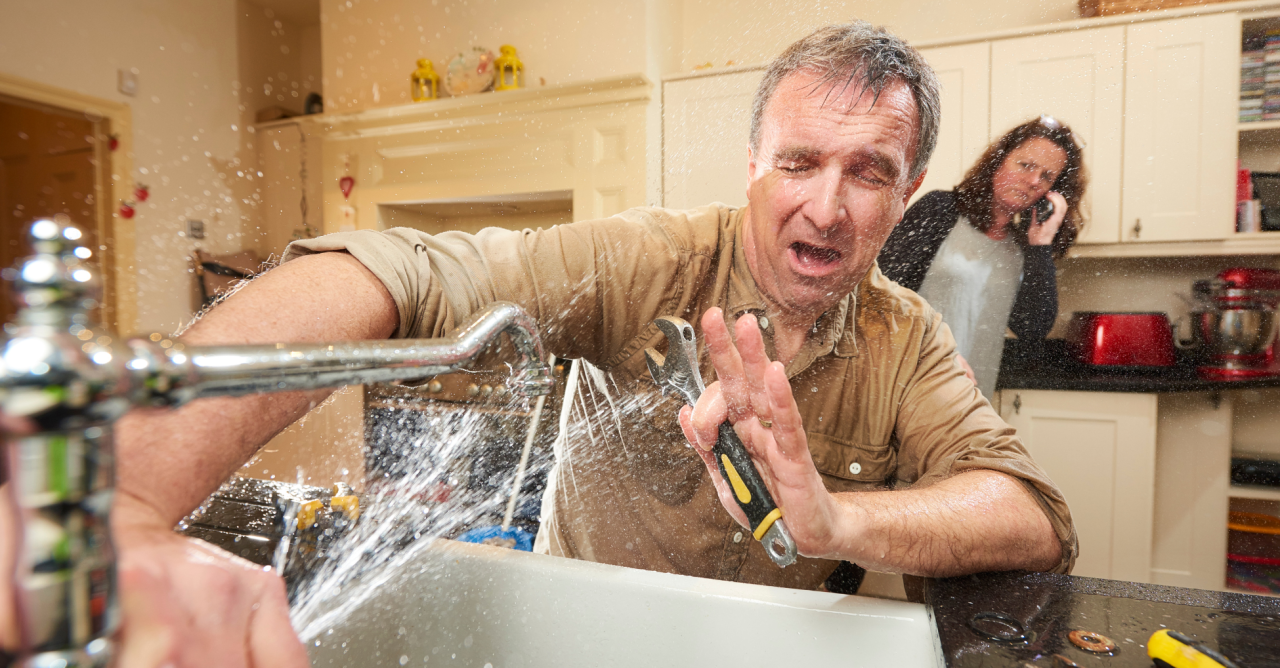Maintaining a Smooth Flow: Plumbing Maintenance Tips for Homeowners
Owning a home comes with the responsibility of keeping its plumbing in top condition. With proactive maintenance, you can prevent costly issues and ensure a smooth flow of water throughout your property. Explore these essential plumbing maintenance tips to keep your home’s plumbing in excellent shape.
1. Regular Inspections: The Foundation of Preventive Maintenance
Initiate a routine of regular plumbing inspections to catch potential issues before they escalate. Check for leaks, drips, and water stains in key areas such as under sinks, around appliances, and near the water heater. Early detection can save you from major repairs down the line.
2. Clearing Drain Clogs: Tips for Uninterrupted Water Flow
Clogged drains can lead to slow drainage and backups. Regularly clear debris from sink and shower drains using a plunger or a drain snake. Avoid chemical drain cleaners, as they can be harsh on pipes. For a preventive measure, consider using drain screens to catch hair and other debris before they cause a blockage.
3. Watch for Leaks: Fixing Drips Early Saves Water and Money
Even a small drip can waste a significant amount of water over time. Check faucets, showerheads, and toilet tanks for leaks. Tighten loose connections, replace worn-out washers, and consider upgrading to water-efficient fixtures to save both water and money in the long run.
4. Insulating Pipes: Protecting Against Freezing Temperatures
In colder climates, insulating exposed pipes is crucial to prevent freezing and potential bursts. Use pipe insulation sleeves or heat tape to safeguard pipes in unheated areas like basements, crawl spaces, and garages. Proper insulation is a simple yet effective measure to avoid winter-related plumbing disasters.
5. Water Heater Maintenance: Extending the Appliance’s Lifespan
Your water heater works hard, and regular maintenance can extend its lifespan. Drain the tank annually to remove sediment buildup, check the pressure relief valve, and inspect for any signs of leaks. Following the manufacturer’s maintenance guidelines ensures your water heater operates efficiently.
Explore Plumbing Maintenance Tips at PlayAsSustentable.com
For more in-depth plumbing maintenance tips and expert advice, visit PlayAsSustentable.com. This resource provides valuable insights into maintaining a healthy plumbing system and preventing common issues.
6. Checking Water Pressure: Avoiding Stress on Your Plumbing
High water pressure can put stress on pipes and fixtures, leading to leaks and damage. Invest in a water pressure gauge to measure the pressure in your system. If it exceeds recommended levels, consider installing a pressure regulator to protect your plumbing.
7. Testing Sump Pump Functionality: Essential for Basement Protection
If your home has a sump pump, ensure it’s in proper working condition, especially before the rainy season. Pour water into the sump pit and observe the pump’s activation. Regular testing ensures the pump is ready to prevent basement flooding during heavy rainfall.
8. Septic Tank Maintenance: Avoiding Costly Repairs
For homes with septic systems, regular maintenance is vital. Schedule septic tank inspections and pump-outs as recommended by professionals. Avoid flushing non-biodegradable items and consider using septic-safe toilet paper to prevent clogs and maintain a healthy septic system.
9. Proper Waste Disposal: Mindful Practices for Plumbing Health
Be mindful of what goes down your drains. Avoid disposing of grease, coffee grounds, and other solids down the kitchen sink. In the bathroom, only flush toilet paper, and consider using a trash can for items like facial tissues and hygiene products. Responsible waste disposal prevents plumbing issues.
10. Professional Check-ups: Seeking Expert Guidance
While DIY maintenance is essential, periodic professional check-ups are equally crucial. Schedule an annual inspection with a qualified plumber to assess the overall health of your plumbing system. Professionals can identify hidden issues and provide preventive solutions, ensuring your plumbing stays in peak condition.
In conclusion, proactive plumbing maintenance is the key to a healthy and efficient plumbing system. By implementing these tips, you can prevent common issues, save money on repairs, and ensure the longevity of your home’s plumbing. For a comprehensive guide on plumbing maintenance, visit PlayAsSustentable.com.




